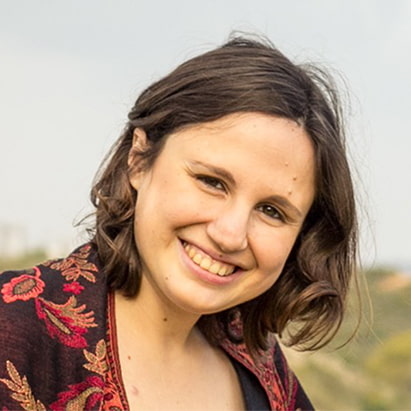

Bio
Dr Yonit Hoffman is a Senior Data Scientist at Windward, a world leader in maritime risk analytics. Before investigating supertanker accidents, she researched human cells and cancer at the Weizmann Institute, where she received her PhD and MSc. in Bioinformatics. Yonit also holds a BSc. in Computer Science and Biology from TAU.
Bio
Dr Yonit Hoffman is a Senior Data Scientist at Windward, a world leader in maritime risk analytics. Before investigating supertanker accidents, she researched human cells and cancer at the Weizmann Institute, where she received her PhD and MSc. in Bioinformatics. Yonit also holds a BSc. in Computer Science and Biology from TAU.
Abstract
Accidents happen at sea all the time. Their costs – in terms of money, lives and environmental destruction – are huge. Wouldn’t it be great if they could be predicted and perhaps prevented?
With more than 350 years’ history, the marine insurance industry is the first data science profession to try to predict accidents and estimate future risk. Yet the old ways of doing things are no longer working. New waves of data and algorithms can offer significant improvements, and are going to revolutionize the Marine Insurance industry.
In my talk, I will show that it is now possible to predict accidents, and how data on a vessel’s behaviour, such as location, speed, maps and weather can help. I will show how fragments of information on vessel movements can be gathered and taken all the way to modelling, through sub-models, to predict ship activities; modelling behaviour and using technology to eventually predict risk. I will discuss the challenges, including introducing machine learning models to an industry that still uses paper and quills (yes, really!); explaining the models, and combining different models to eventually predict a particular risk.
Abstract
Accidents happen at sea all the time. Their costs – in terms of money, lives and environmental destruction – are huge. Wouldn’t it be great if they could be predicted and perhaps prevented?
With more than 350 years’ history, the marine insurance industry is the first data science profession to try to predict accidents and estimate future risk. Yet the old ways of doing things are no longer working. New waves of data and algorithms can offer significant improvements, and are going to revolutionize the Marine Insurance industry.
In my talk, I will show that it is now possible to predict accidents, and how data on a vessel’s behaviour, such as location, speed, maps and weather can help. I will show how fragments of information on vessel movements can be gathered and taken all the way to modelling, through sub-models, to predict ship activities; modelling behaviour and using technology to eventually predict risk. I will discuss the challenges, including introducing machine learning models to an industry that still uses paper and quills (yes, really!); explaining the models, and combining different models to eventually predict a particular risk.




